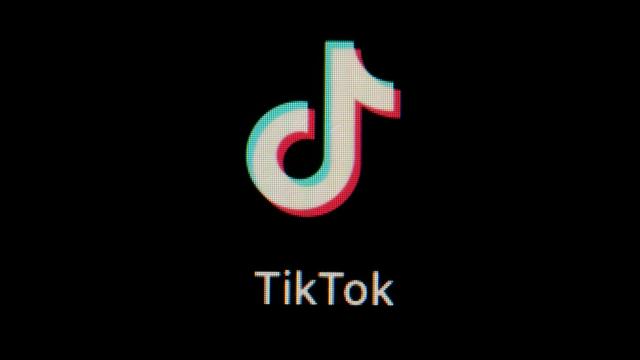US government regulators reportedly tried to come to an agreement with TikTok to prevent banning the app that would have granted the federal government vast powers over the app. That’s according to a draft of a deal between TikTok and the Committee on Foreign Investment in the United States (CFIUS) obtained by Forbes, a contract that would have given multiple US agencies unprecedented access into the app’s records and operations. Many of the concessions the government asked of TikTok look eerily similar to the surveillance tactics critics have accused Chinese officials of abusing. To allay fears the short-form video app could be used as a Chinese surveillance tool, the federal government nearly transformed it into an American one instead.
Forbes reports that the draft agreement, dated Summer 2022, would have given the US government agencies like the Department of Justice and Department of Defense far more access to TikTok’s operations than that of any other social media company. The agreement would let agencies examine TikTok’s US facilities, records, and servers with minimal prior notice and veto the hiring of any executive involved with leading TikTok US data security organization. It would also let US agencies block changes to the app’s terms of service in the US and order the company to subject itself to various audits, all on TikTok’s dime, per Forbes. In extreme cases, the agreement would allow government organizations to demand TikTok temporarily shut off functioning in the US.
CFIUS did not immediately respond to Gizmodo’s request for comment. TikTok would not confirm or deny the draft agreement but instead sent us this statement.
“As has been widely reported, we’ve been working with CFIUS for well over a year to implement a national security agreement and have invested significant resources in implementing a firewall to isolate U.S. user data,” a TikTok spokesperson said. “Today, all new protected U.S. user data is stored in the Oracle Cloud Infrastructure in the U.S. with tightly controlled and monitored gateways. We are doing more than any peer company to safeguard U.S. national security interests.”
The draft document, which Gizmodo could not independently verify, is reportedly around 100 pages long and contains comments sent between attorneys representing ByteDance, TikTok’s Chinese-owned parent company, and CFIUS. The agreements, if accepted as written at the time, would open TikTok’s US operations up to supervision by a number of external third-party auditors and source code inspectors. ByteDance leaders, whom US lawmakers and whistleblowers have accused of maintaining close connections with The Chinese Communist Party, would be excluded from some security-related decisions involving the US version of the app.
Provisions described in the guidelines weren’t always agreed on by both parties. In several instances, according to Forbes, TikTok’s attorneys pushed back against terms that would let the government alter what types of user data ByteDance employees could view. Another point of disagreement emerged when the government reportedly asked for limitless veto power over TikTok’s future contracts. At one point, TikTok reportedly altered language that would have allowed government officials to demand changes to the apps recommendations algorithm if it promoted content the agencies disagreed with.
CFIUS started investigating ByteDance four years ago, during Donald Trump’s administration, over growing fears from lawmakers and a portion of the public who worried Chinese government officials could use it to spy on Americans. Following threats of a ban by then-President Trump, TikTok said it had agreed to a data routing agreement with Oracle called “Project Texas” where new US user data would be stored on Oracle’s cloud infrastructure in the US.
But news investigations and whistleblower reports over the past year have called into question the effectiveness and timeline of TikTok’s data security commitments. Multiple ByteDance employees were caught spying on users and journalists looking into the company, which then sparked a DOJ investigation. CFIUS’s attitude towards TikTok appears to have soured sometime between the draft proposal and March of this year, when the organization reportedly threatened TikTok with a nationwide ban if its Chinese owners didn’t sell their stakes in the app.
